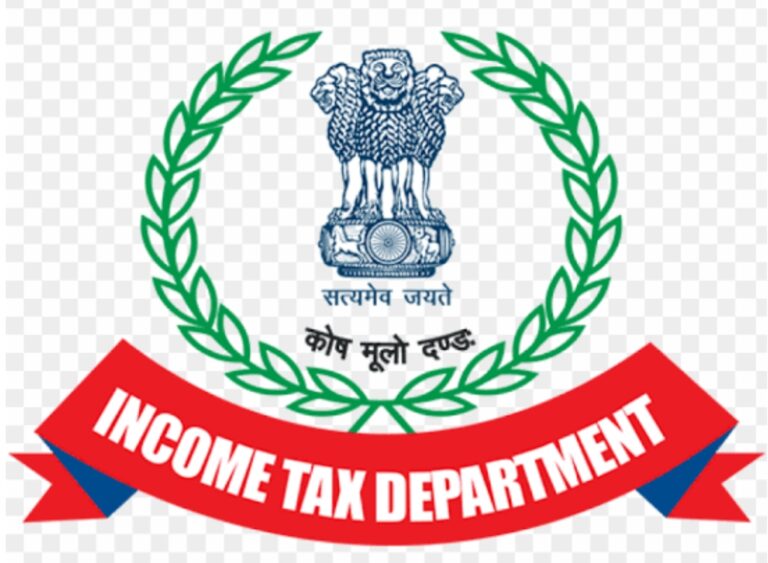In India, charitable institutions enjoy tax exemption under Section 11 and 12 of the Income Tax Act, 1961, provided they comply with certain conditions, including the utilisation of income for charitable or religious purposes. If they under-utilise funds, i.e., do not spend the required percentage of their income within the stipulated time, specific rules and consequences apply.
🔍 Key Income Tax Rules on Under-Utilisation by Charitable Institutions:
1. Application of Income – 85% Rule [Section 11(1)(a)/(b)]
- At least 85% of the income derived during the year must be applied (spent) for charitable or religious purposes in India.
- If less than 85% is applied, the excess (unapplied income) becomes taxable, unless:
- The institution opts to accumulate or set apart the income under Section 11(2).
- Or, the non-utilisation is due to non-receipt of income.
2. Accumulation of Income [Section 11(2)]
If the institution cannot spend 85%:
- It can accumulate the shortfall for up to 5 years, but must:
- Specify the purpose in Form 10 before the due date of return.
- Invest the funds in prescribed modes under Section 11(5).
- Actually utilise the accumulated income for the specified purpose within the 5 years.
3. Failure to Utilise Accumulated Income
If the income accumulated under Section 11(2) is:
- Not used for the specified purpose, or
- Used for other purposes, or
- Not used within 5 years,
then such income becomes taxable in the sixth year or in the year of diversion.
4. Deemed Application in Case of Non-Receipt [Explanation 1 to Section 11(1)]
- If income is not received during the year (e.g., interest accrued but not due),
- The institution may apply it in the year of receipt, and
- Claim deemed application by filing an option before the due date of ITR.
5. Taxability of Under-Utilised Funds
- Under-utilised or misapplied funds can be taxed as income of the trust under Section 11(3), 13(1), or even under Section 115TD (in case of exit tax on violation).
6. Audit Requirement [Section 12A(1)(b)]
- If the total income (before exemption) exceeds the basic exemption limit, the trust must:
- Get its accounts audited and
- Submit audit report in Form 10B along with return.
⚠️ Practical Implications
- Repeated under-utilisation without proper accumulation filing leads to loss of exemption.
- Income that is not spent or not properly accumulated becomes fully taxable at MMR (Maximum Marginal Rate).
✅ Best Practices
- Plan spending to meet the 85% rule annually.
- Maintain documentation of spending and accumulation.
- File Form 10 properly and on time if accumulating income.
-
Ensure utilisation within 5 years if income is accumulated.
